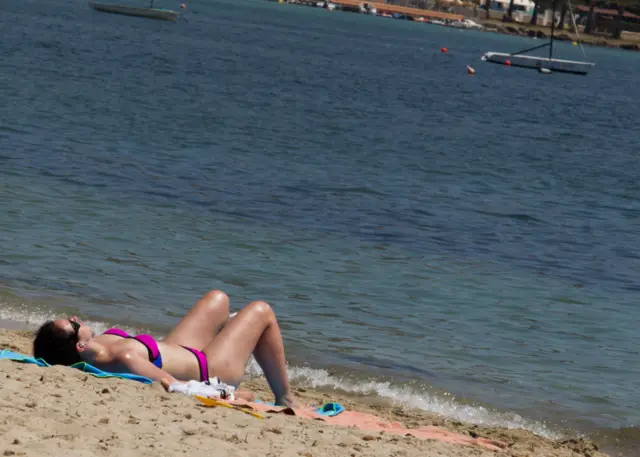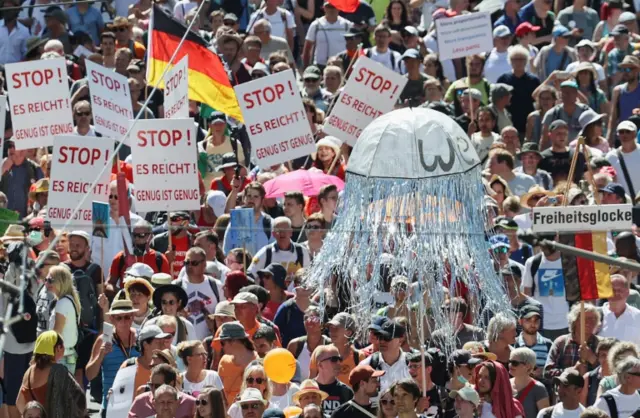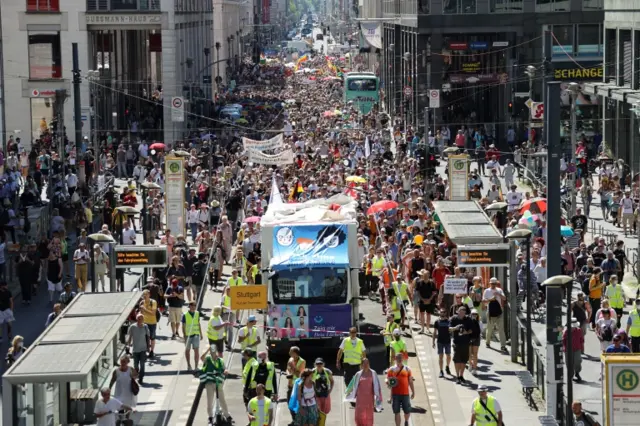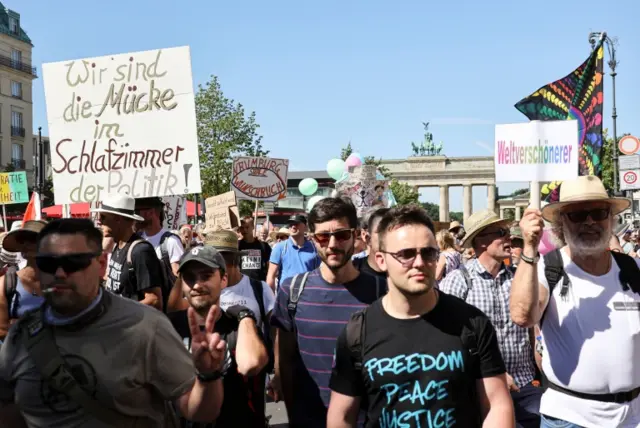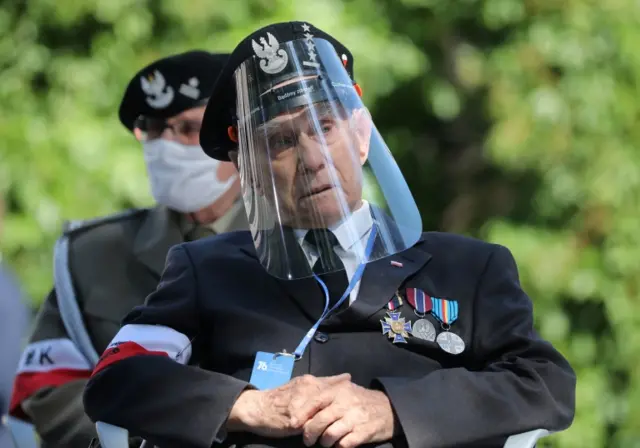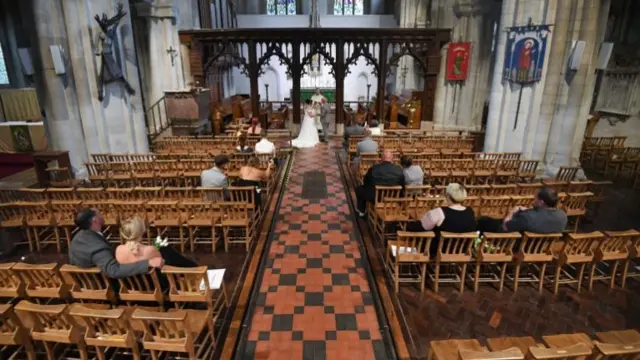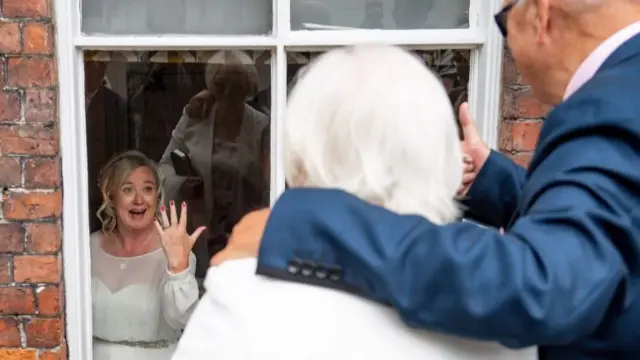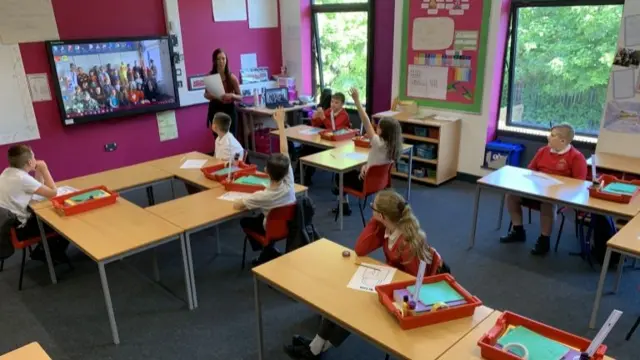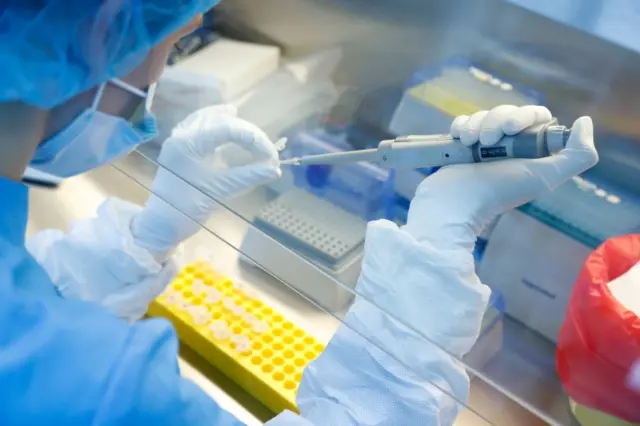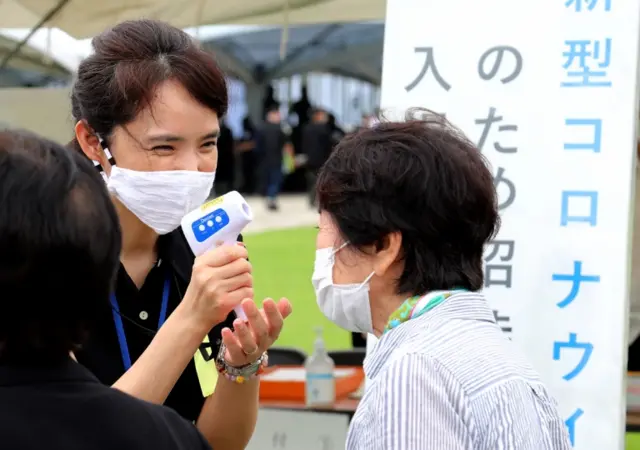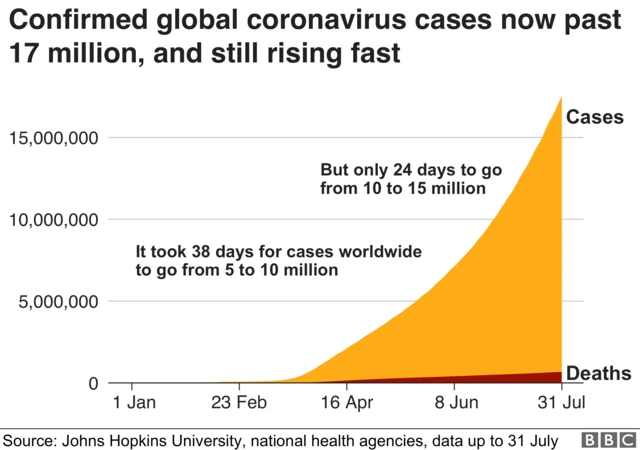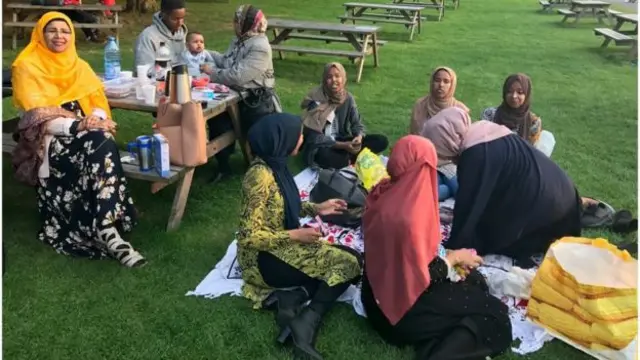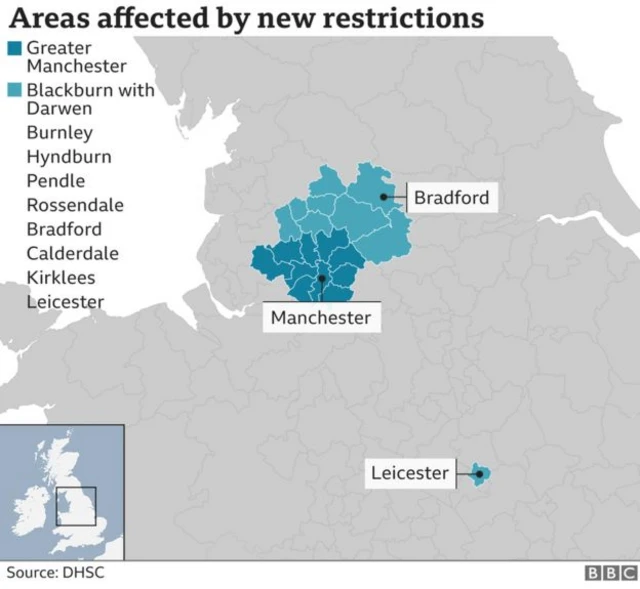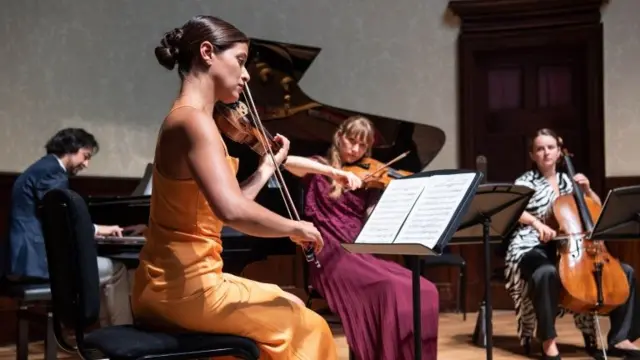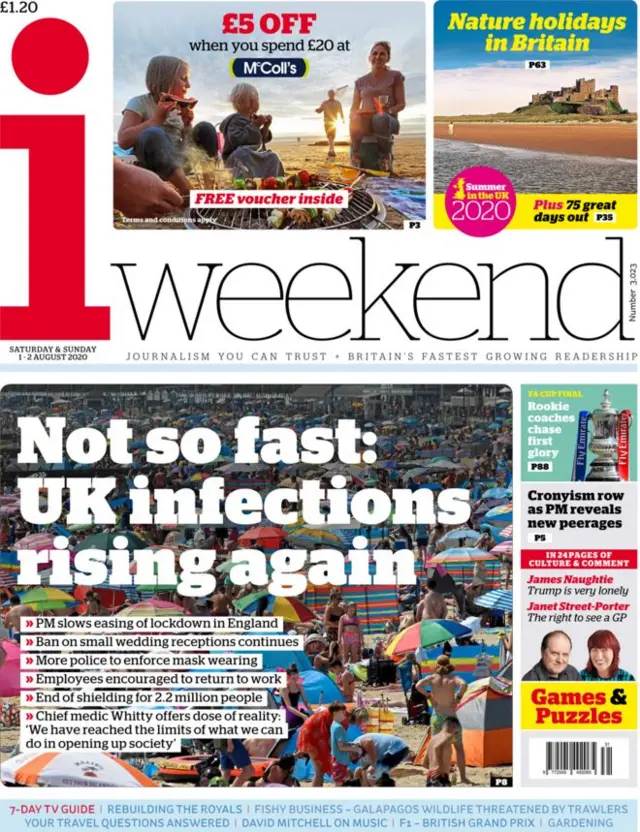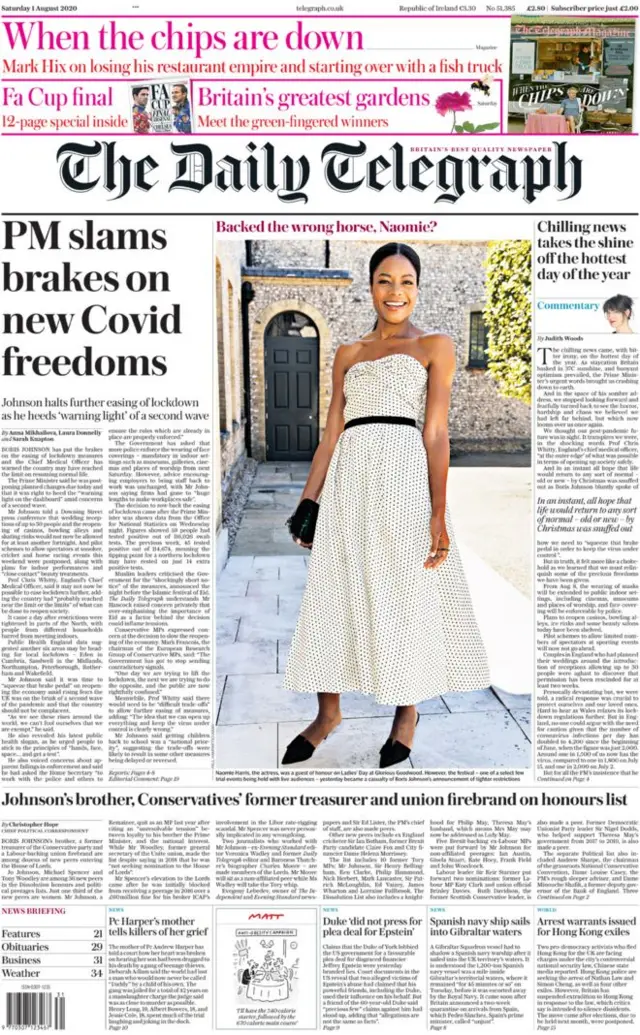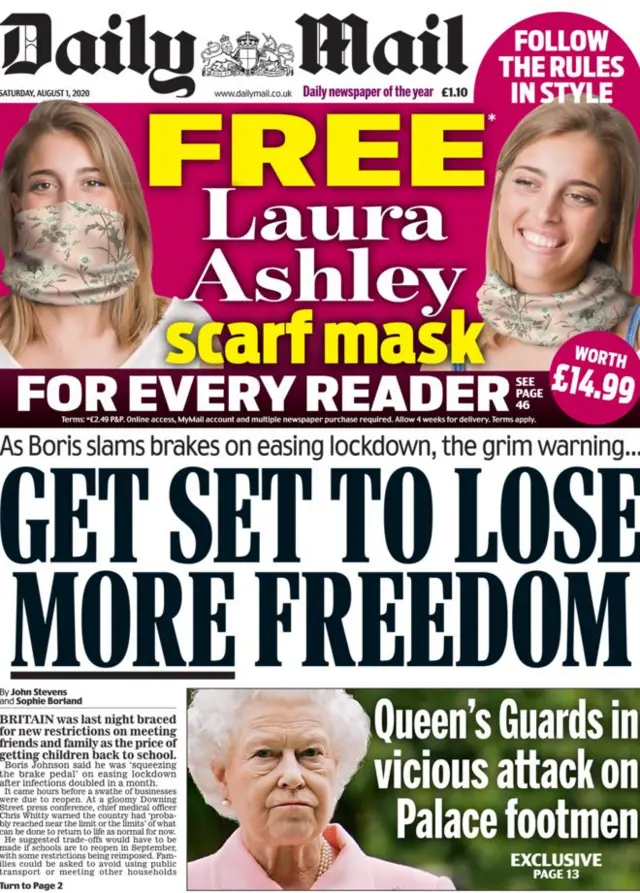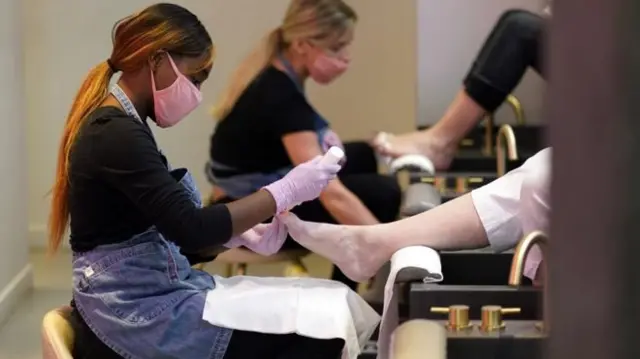Businesses fear collapse after lockdown easing delaypublished at 14:18 BST 1 August 2020
Mary-Ann Russon & Robert Plummer
Business reporters, BBC News
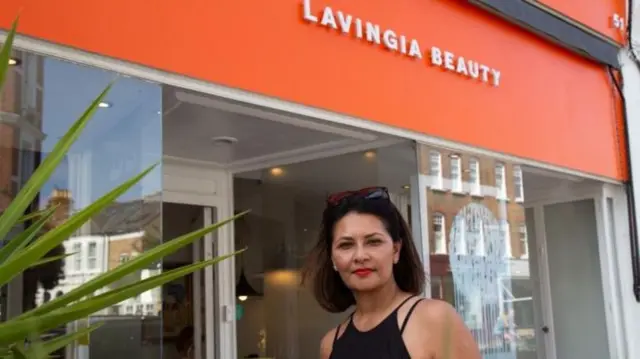 Image source, Gita Lavingia
Image source, Gita LavingiaGita Lavingia says she now cannot see 80% of her clients
A decision on Friday to put lockdown easing on hold in England for at least two weeks has caused confusion and dismay for businesses which were looking forward to reopening today.
Beauty salons, casinos and bowling alleys are among those that had been preparing to welcome customers for the first time since March.
"We're in absolute shock," Gita Lavingia, owner of Lavingia Beauty, Clapham, south London told the BBC shortly after the announcement.
"We literally found out this afternoon, with less than 24 hours' notice, and we have clients booked in for tomorrow."
Ms Lavingia says that 80% of her business is focused on facials. Because the treatments involve close contact with a customer's face, the continuation of restrictions means that her firm will have to cancel most of the bookings it has lined up.
"We lose £800 in revenue for each day, we cannot fully-operate. And many of our therapists are self-employed, so they are earning nothing at all," she added.
"It's make or break for our business now - there's a big question mark about how long we can stay open for."
Read more here.

